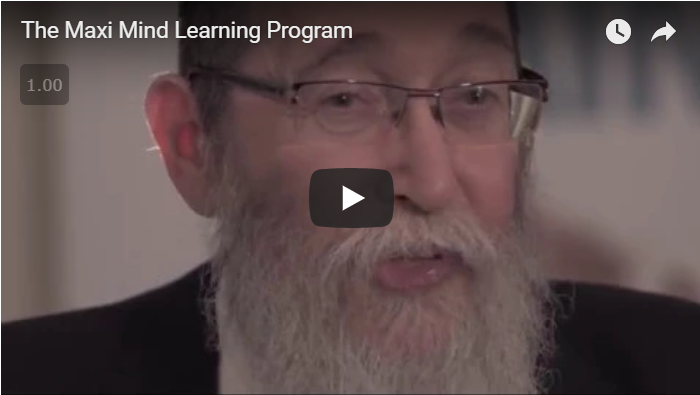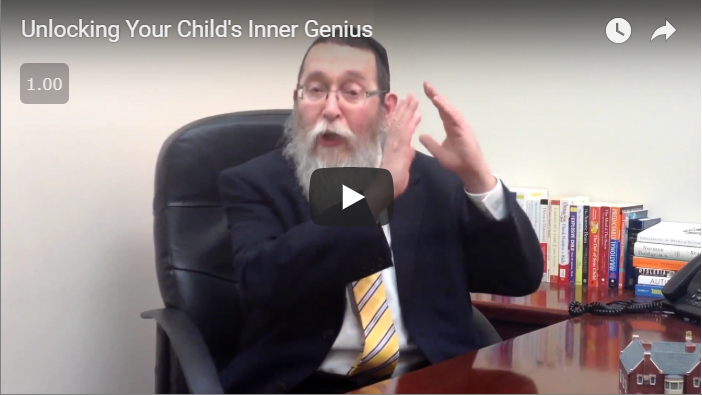Parents naturally expect that their children will succeed in school however a small percentage of children experience unique challenges.
A learning disability should not limit your child’s progress but rather, highlight areas of focus in which to help them improve. Knowing about the sorts of challenges that are present and learning how to work with them can help to avoid a dreaded downward spiral.
Types of learning disabilities
The following is a list of common learning disorders:
Dyslexia
This learning disability pertains to matters related to comprehension. Children with this disorder typically have issues reading, writing, spelling, linguistics and language. They also will have issues with comprehension (i.e.: understanding what they’re reading).
Dysgraphia
This is a learning disability that affects motor skills and handwriting ability. Children who suffer from dysgraphia will often exhibit issues with spelling, poor handwriting ability and composition (expressing ideas and thoughts into written form).
Dyscalculia
This learning disorder is associated with a difficulty in being able to understand and work with numbers. Children with dyscalculia typically struggle with math (in particular with memorizing, organizing and performing calculations) and other subjects that are based upon numbers, facts, memorizing and calculations.
ADHD
This learning disability pertains to issues with focus. Children with ADHD struggle to pay attention in class so they inevitably fall behind and perform poorly in their studies. Quite often, ADHD accompanies another learning disability.
Auditory Challenges
Auditory Processing Disorder (APD) is a type of learning disorder that affects how sound is received through the ear as well as interpreted in the brain. Children with APD typically have a hard time with being able to sense sounds, blocking out background sounds and being able to distinguish between different tones and sounds that accompany lip movement when others speak. As such, they do not receive the right stimulus that they can then interpret and process internally.
How to help your child
Knowing more about what types of learning disorders that exist will help you guide your child to rely on their strengths instead of becoming discouraged due to their challenges. We all have different learning styles and children are not any different. Some prefer to learn visually while others prefer auditory input. Helping your child determine what learning style best suits them best will help them compensate for other learning modalities that they may struggle with.
If your child has a certain type of learning disorder that cannot be addressed by focusing on strengths in other areas (such as with numbers and Dyscalculia), you may wish to enrol your child into a special education program that can help them overcome their challenges.
About Maxi Mind Learning
Maxi Mind Learning provides activity-based Brain Training Courses which have transformed the lives of hundreds of Toronto-area children by teaching them to effectively self-manage their focus, learning, mood and behaviour. To setup a free consultation please call (416) 858-9868 or visit our free consultation page.







